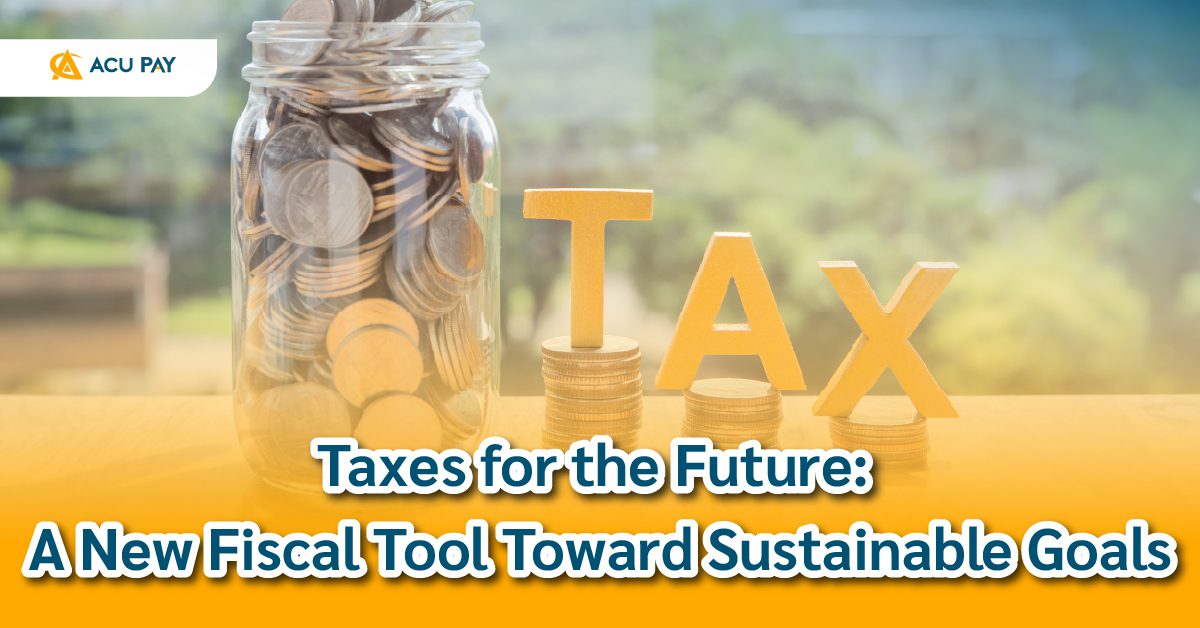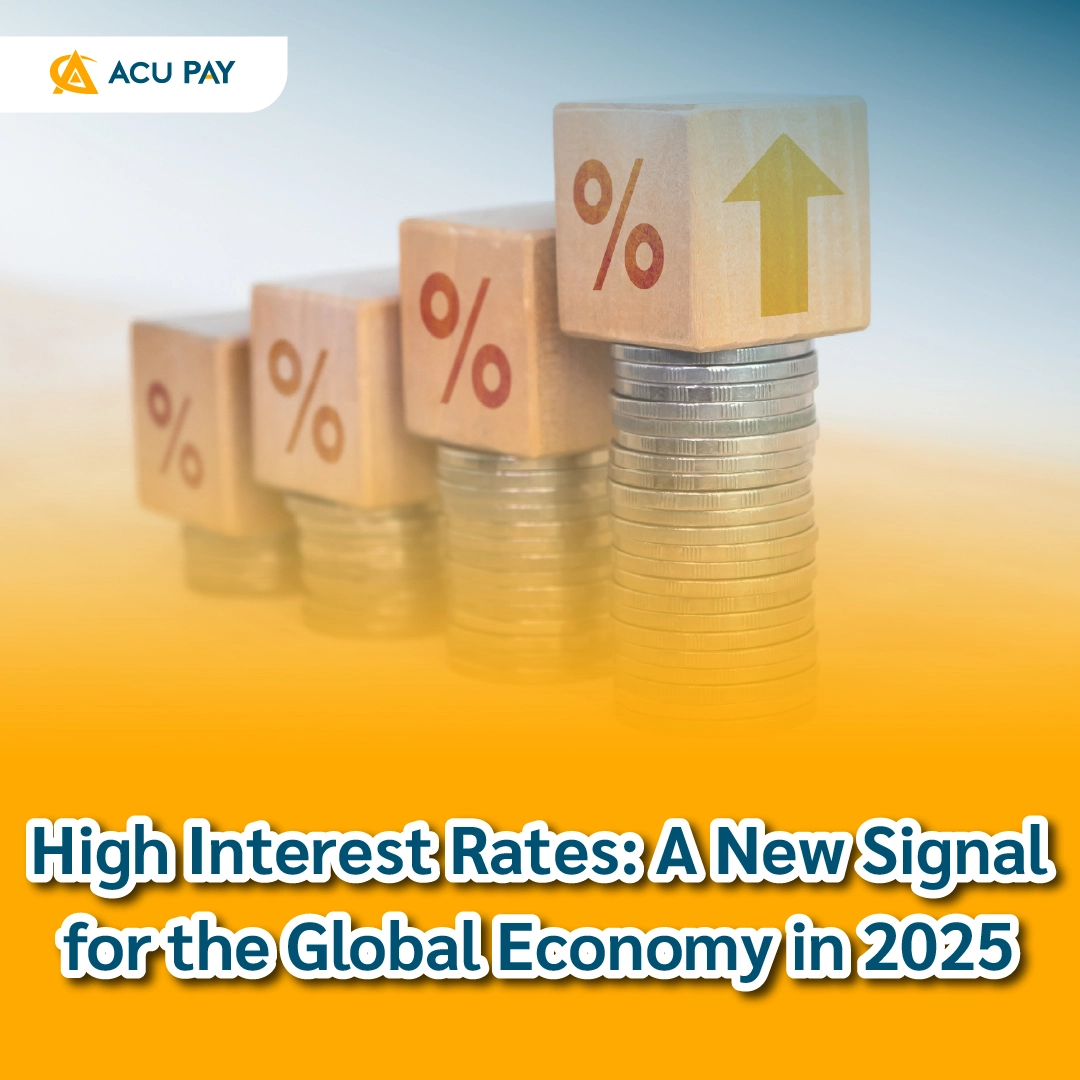Does a rise in interest rates really cause a currency to strengthen?

- ACU PAY Thailand Channel
- Post Views: 667
- Article, Finance
A key tool in driving these goals is fiscal policy, particularly the efficient design and collection of taxes. Historically, government spending to stimulate the economy has often led to accumulating budget deficits and rising public debt. Without proper management, this can jeopardize a country’s fiscal stability. A recent example is credit rating agency Moody’s revising Thailand’s credit outlook to negative, reflecting concerns about the country’s ability to manage debt and generate revenue amid an economic slowdown.
To address this, the Ministry of Finance has laid out a major structural reform plan aimed at increasing the government’s revenue share from the current 12–13% to 18% in the near future. Achieving this target could boost government revenues by over 800 billion baht per year. This would help reduce the budget deficit and restore fiscal balance more quickly. The reform plan will cover all tax types—including revenue, excise, and customs taxes—with a shared goal of creating an efficient, comprehensive, and sustainability-oriented tax system.
Excise taxes are emerging as an important mechanism to promote environmental and social objectives. One example is the implementation of a carbon tax on petroleum products, with differentiated rates based on carbon emissions. This is designed to incentivize consumers to switch to cleaner energy sources. Likewise, the government supports the electric vehicle (EV) industry by applying lower tax rates, which helps expand the domestic EV market—even though it comes at the cost of declining revenues from traditional vehicle taxes.
Additionally, new tax measures are being developed to target health and environmental goals. These include:
A salt tax currently under study, which would apply to products high in sodium but non-essential for daily living, and
A battery tax, to be assessed based on energy efficiency and durability, supporting a high-quality energy transition.
In terms of Value-Added Tax (VAT)—a major revenue source for the Revenue Department—there is still room for development. Although the current VAT rate is 7%, the law allows an increase up to 10%, depending on future Ministry of Finance policies. If adjusted appropriately and coupled with more efficient collection, VAT could create additional fiscal space without disrupting short-term economic stability.
In today’s world, tax policy is no longer just about raising revenue. It has become a critical instrument for guiding society toward inclusive and sustainable goals. Taxes can encourage new behaviors in the economy, reduce long-term budgetary burdens, and help maintain economic balance in an increasingly complex global environment.
Reference
- Popular tags | Taxes
About the Author

ACU PAY Thailand
Make all your financial matters easy. Start a great day with us. MAKE A GREAT DAY WITH ACU PAY.






